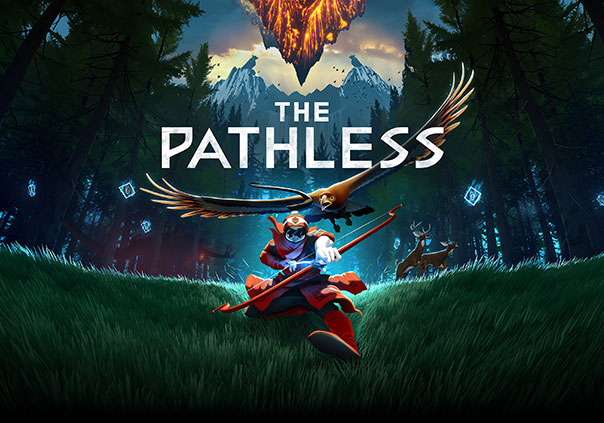

She's in charge of continuing education for her center and is a volunteer counselor for the FBI's employee-assistance program. While she spends most of her time on research, Beyer wears a few other hats at the FBI. The research, she says, will assist in developing investigative strategies that can cut criminal careers short and ultimately save lives. "The goal is to be able to say, 'Look, we've talked with 300 inmates and 75 percent of them experienced this,' or maybe 'Only 20 percent experienced this.' And then to provide that information to law enforcement officers throughout the United States," Beyer explains. Beyer makes sure the study uses sound research strategies, such as taking into account inter-rater reliability, so that the FBI produces academically credible research. She's also using her psychological training to boost the center's research methodology. In her first six months, she's helped to hone the 700-item questionnaire used in interviews as well as an additional one for those who can't be interviewed in person for legal reasons. Her job is to not only help agents conduct team interviews of prisoners and corroborate their stories, but to also manage the study's protocols and data.
Pathless definition serial#
The project involves interviewing 150 child abductors and 150 serial murderers to glean demographic and epidemiological information, such as a murderer's education, marital history, employment history and sexual deviancy. Kristen Ralph Beyer, PhD, describes her first six months researching violent crime for the FBI in one word: amazing.īeyer-whose official title is violent crime resource specialist at the FBI's Child Abduction and Serial Murder Investigative Resource Center near Washington, D.C.-works with specially trained agents to conduct a new research project on child abductors who murder and serial murders. Some are pursuing careers that aren't all that new, but are giving those jobs a new twist.Īll of these psychologists have one thing in common: a love of psychology and a desire to do more with it. Others were lured by private enterprise and the excitement of the high-tech industry.

Others discovered they had a desire to serve the public in government posts. Some went to graduate school thinking they'd be practitioners but revamped their expectations in the face of a changing health-care market. In this special section, we meet 21 recent graduates who have chosen off-the-beaten-path careers. They're finding that employers increasingly recognize-and crave-the skills psychologists have, from critical-thinking, to an understanding of human behavior and a grounding in statistics. But a growing number of recent graduates are forging ahead in new, less traveled directions. These are all metaphors for the slings and arrows of life.Private practice, research and teaching-those are the traditional career paths for most psychologists. You get sharp branches and spider webs in your face. Lines 45-47 give the details of what happens when you walk through a pathless wood.Next the speaker compares life to "a pathless wood," meaning it's easy to get lost when there are no directions provided.This might be a way for the speaker to lament the fact that his life is now filled with responsibilities. Older people have to give up things or pay for things that kids don't. Instead, "considerations" might refer to the give and take of life. That's probably not what he's weary of, however."Considerations" could mean thoughtful decision making – an important adult activity.The speaker wishes he could be a boy again when he's "dreary of considerations.".It's when I'm dreary of considerations, And life is too much like a pathless wood Where your face burns and tickles with the cobwebs Broken across it, and one eye is weeping From a twig's having lashed across it open.

So all these details could be memories from his boyhood: conquering nature, girls sunning themselves, time alone to think about the natural world.He wishes he were out there swinging trees like he was a boy again.Apparently the speaker can imagine this boy swinging trees in such great detail because he was once that little boy.He seems to reflect on how he isn't young anymore.The speaker shifts gears from a young boy he imagines swinging on a birch tree, to himself as an older man. So was I once myself a swinger of birches.


 0 kommentar(er)
0 kommentar(er)
